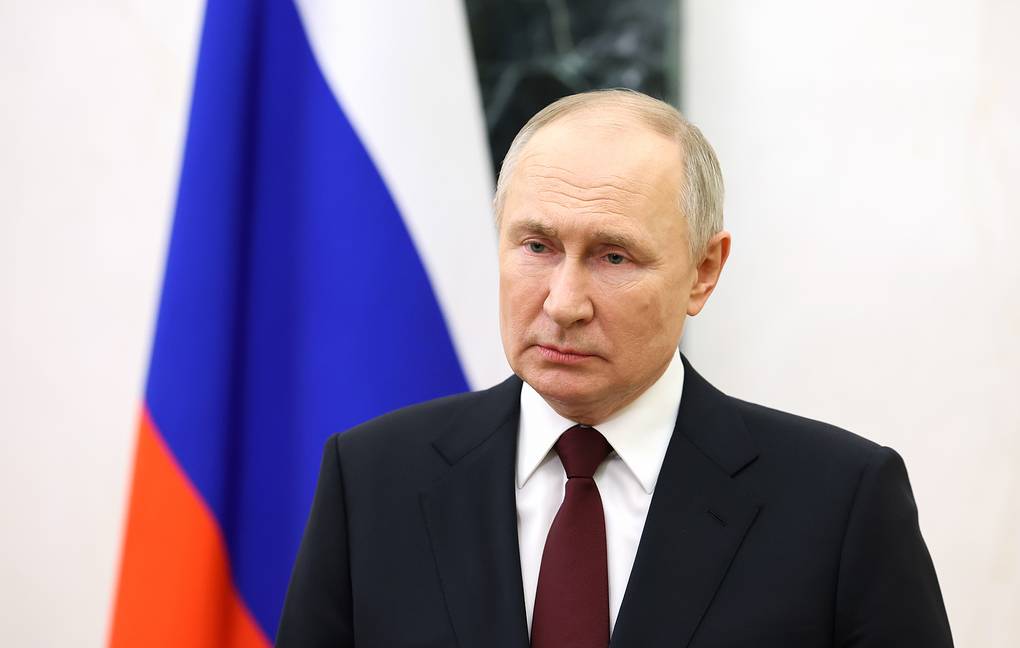Russian President Vladimir Putin has set priorities for the country's scientific and technological development over the next ten years.
These include “areas that allow to obtain important scientific, technical and scientific results, to create national high-tech technologies,” according to the decree of the head of state. There are nine reference points in the document.
– Creating high-tech products, new chemical materials and compounds, and developing machine learning and artificial intelligence technologies.
– Environmentally friendly and resource-saving energy, increasing efficiency in the production and processing of hydrocarbons, and the formation of new energy sources, as well as transportation and storage technologies.
– Transition to high-tech personalized, predictive and preventive medicine, through the rational use of drugs (mainly antimicrobials) and the use of genetic data and technologies.
– Highly productive and environmentally friendly agricultural and aquatic farming, creating safe and high-quality food products.
– Combating human, biological, social and cultural threats, terrorism, extremism, destructive foreign information and psychological influence, as well as cyber threats and other sources of danger to society, the economy and the state, and strengthening the country’s defense capacity and national security in the face of increasing hybrid threats.
– Increasing connectivity with the Russian lands by creating intelligent transportation, energy and communications systems. Leadership in the formation of international transport and logistics routes, and in the development and use of outer and air space, the World Ocean, the Arctic and Antarctica.
– An effective response of Russian society to major challenges, taking into account the growing importance of synthetic scientific disciplines created at the intersection of psychology, sociology, political science, history and scientific research related to the ethical aspects of scientific and technological development, changes in social, political and economic relations.
– Objectively assess the emissions and absorption of climate-active substances, reduce their negative impact on the environment, and increase the possibility of high-quality adaptation of ecosystems, populations and economic sectors to climate change.
– Developing nature-like technologies that reproduce the systems and processes of living nature in the form of technical systems and processes integrated into the natural environment and circulation of natural resources.
The above priorities are part of the Strategy for Scientific and Technological Development of the Russian Federation, approved by the President.
Source: TASS

“Wannabe internet buff. Future teen idol. Hardcore zombie guru. Gamer. Avid creator. Entrepreneur. Bacon ninja.”

